The Answer 25 That Me and My Household Must Enjoy (Joshua 24:14-18)
The Answer 25 of the 1st, 2nd, 3rd RUTC: 5 /14/2023
The Answer 25 That Me and My Household Must Enjoy (Joshua 24:14-18)
This was the last sermon Joshua gave after completing the Canaan conquest and while finishing his lifelong ministry. He gave an important confession in the sermon. He confessed, “For me and my household, we will serve the Lord” (verse 15). There are three meanings within this. First, it was his final encouragement to all Israelites. In other words, he emphasized that serving God is life’s everything. He reminded them how God had saved the Israelites, protected them in the wilderness, and led them to triumph over their enemies (verses 17-18). If a nation’s leader can give such a sermon to the people, that nation and people are truly blessed. Our posterity and we are the last runners who will determine whether America will be a crumbling Babylon or a nation God uses. Hence, God raised “the remaining ones” and “the church of the remaining ones” in the powerful nations of each age. Second, it was his encouragement to his family and children. As he gave the sermon to the people, he gave a confession of thanksgiving for his family and asked that they would continuously live that way. Joshua’s posterity followed that, and figures who inherited Joshua’s faith and blessing continuously emerged from that posterity. During the age of judges after Joshua’s time, four judges were his descendants (representatively: Deborah and Gideon). Third, in the end, this confession was his confession of faith. The word “me” in “me and my household” refers to Joshua himself. It was a confession to God, whom he had served his whole life and a confession that he desired to finish his life’s journey in Him.
- What kind of journey was Joshua’s life journey?
1) Joshua truly lived a journey of the remaining one in that age.
① Joshua’s childhood and youth upbringing and development can be seen when looking at the time he was called one of the twelve spies. When all the ten spies had unbelief and led all the Israelites to fear, Joshua and Caleb were the only ones who confessed faith (Joshua 14:30). This is the faith and life of the remaining ones.
② Where did this faith come from? It was the parent and household’s role, and Joshua grew up within that blessing. Remnants must give this thanksgiving in their life. Even if there may be other inadequacies, give thanks for being in this line of the covenant because my parents, or at least one of my parents, are in the line of the covenant and a church that relays the covenant.
2) Joshua truly lived a journey of a pilgrim in that age. Simply put, to have lived as a pilgrim meant that he always looked upon God and lived as a witness that deeply enjoyed a relationship with God.
① As a young adult, he remained in the Tabernacle, ran errands, and stayed close to the ark of the covenant (Exodus 24:4-5, 33:11).
② It was Moses who helped Joshua to live this way. It said that Joshua served Moses (Joshua 1:1). He received Moses’ guidance and all blessings together. Behind individuals who were used in each age were the guidance and support of spiritual leaders.
3) Joshua truly lived a journey of a victor in that age. Joshua was a courageous warrior, but above everyone else, he opened his eyes to spiritual warfare and triumphed in every war by God’s power.
① Israel’s first battle in the wilderness after coming out of Egypt was the war with the Amalekites. This battle was won through the deep prayer of Moses and the first-generation church officers who helped him (Aaron, Hur).
② After becoming a leader and entering Canaan, Joshua fought many wars (representatively, the battle of Jericho). He woke up earlier than everyone else and knelt before God (Joshua 3:1, 6:12). He knew our fight was not of flesh and blood (Ephesians 6:12). Thus, he looked upon God’s power.
- How can we live such a life and raise a family and posterity like this?
He said, “Me and my household will serve the Lord,” but how should we serve? Three bartizans must be raised.
1) The bartizan of the gospel. Simply put, the gospel is God’s answer for all the problems of all lives and the world. However, people hold onto incorrect answers in their lives.
① God sent His Son because it could not be done by mankind. He is the Christ (Luke 2:10). He solved the fundamental curse of all worldly and individual problems through His death on the cross and resurrection. It is the original curse, Satan’s curse, and the curse of eternal hell. Humans are born with a sinful nature (Romans 3:10, Romans 5:12). They have no choice but to grow eviler as time goes on. Satan, who tempted the first life, Adam, continues to deceive and lead people to corruption and curses (John 10:10). Going to Hell is fearsome, yet, they spend their life already living a life of hell.
② Christ, all at once, completely and eternally, finished these three curses (John 19:30). All you need to do is not be deceived. We have already been delivered (Romans 8:1-2). We are free (John 8:32). We are the children who will have victory with Christ (Romans 8:17). Although Satan deceives us with our hidden scars, present reality, and persistent problems, He changes all things to good (Romans 8:32). This faith must be imprinted in my thoughts and soul. This faith must come forth in pivotal moments.
③ Change everything to thanksgiving. It is true faith only when thanksgiving comes forth (Philippians 4:6-7, Colossians 4:2). Give thanks that I have been saved, that I live as a child of God, and give thanks with the faith that even problems will become a blessing. A life and family that has thanksgiving, that in itself is already heaven. This kind of system and bartizan must be established.
2) The bartizan of prayer. The time for this gospel to be actually rooted in my family and me, become our nature, and bear fruit is the time of prayer.
① Without prayer, there is no way to drive out and defeat Satan, who tries to deceive and attack us relentlessly (Mark 9:29).
② If we do not receive God’s governance in prayer, we cannot overcome ourselves (Luke 17:21). You live your life’s entirety being deceived by yourself.
③ My posterity and I can never be used for God’s great works without prayer (John 14:12-14). I must first raise the bartizan of prayer, enter into prayer, and create the time for my family to pray together.
3) The bartizan of evangelism. Joshua was not a leader who conquered Canaan to oppress it. It was a conquest that saved Canaan to save the world.
① Pray for my household to become an evangelist household that can save anybody (M.H). Pray that my household and I can be the light in my region covered in darkness and maintain good relationships with neighbors. It will become a door.
② Make the resolution that my household and I will save one of the 237 nations, pray, and give offerings and devotion. God will give the financial blessings that can save the 237 nations. The blessing of the throne is established when one holds onto the covenant, and there is a reason.
Conclusion – It is Family Month. May it be a month of restoring the bartizan that gives God no choice but to work upon me and my household.

